What is Yacht Rock?
“Yacht Rock” wasn’t a thing when the music it describes was popular between 1975 and 1984. Imagine smooth tunes enjoyed by fancy yacht owners-that’s it. The term was cooked up in 2005 by J. D. Ryznar and his pals in a years-long online video series called “Yacht Rock.” Initially kind of an insult, it playfully referred to yuppie yachties grooving to mellow music at sea, often with lyrics about the ocean. Think Christopher Cross’s “Sailing” (1979). The genre got teased for being cheesy, but that’s less of a thing nowadays.
A music guru named Matt Colier defined yacht rock in 2014 with some cool rules: keep it smooth, catchy, and light even when it gets sad. Journalist Katie Puckrik added that yacht rock takes you on an aspirational escape, like in Cross’s “Ride Like the Wind” (1979).
The origins of the genre are often traced back to the Beach Boys as their vibes were “scavenged” by folks like Rupert Holmes. The 1970s were kind of a separate bubble from politics, and yacht rock captures that personal escape vibe, all boosted by F.M. radio. Popular yacht rockers included Michael McDonald, Kenny Loggins, Steely Dan, and Toto. So, picture breezy tunes, good times, and the open sea. The most important criteria? It has to be smoooooooooth (oh, and there’s a high probability you’ll hear the velvety vocals of Michael McDonald somewhere in the mix)!
There’s a lot of disagreement about which groups, artists, and songs actually belong to the genre because the definition is quite liquid (all pun intended). For my intents and purposes, I have included songs I’ve heard on the SiriusXM Yacht Rock station (channel 311).
Yacht Rock Favorites: Volume 2 Songbook
The following songs are included in the Yacht Rock Favorites: Volume 2 songbook. These are all available as separate singles, but you get the most value by purchasing the whole collection. All of these arrangements are appropriate for intermediates and up.
- All Right (Christopher Cross)
- Deacon Blues (Steely Dan)
- Everything I Own (Bread)
- Eye in the Sky (The Alan Parsons Project)
- How Deep Is Your Love (The Bee Gees)
- I Can’t Go for That (Hall & Oates)
- It’s Raining Again (Supertramp)
- Kokomo (The Beach Boys)
- Missing You (John Waite)
- Rhiannon (Will You Ever Win) (Fleetwood Mac)
Watch a performance of the entire volume:
Featured Favorites
Let’s dive deeper with some more details about a few of my personal favorites from Yacht Rock Favorites: Volume 2!
“How Deep Is Your Love” (The Bee Gees)
This song from 1977 never gets old and it’s ultra-smoothness earns it a spot on the boat!
“How Deep Is Your Love” is a 1977 pop ballad by the Bee Gees, famously featured on the “Saturday Night Fever” film soundtrack. It achieved widespread acclaim and commercial success. In the UK and Australia, the song reached the third position in the charts, while in the US, it hit number one on the Billboard Hot 100 on December 25, 1977, remaining in the Top 10 for 17 weeks and reigning atop the adult contemporary chart for six weeks. The song’s enduring popularity is evidenced by its placement at No. 27 on Billboard’s All-Time Top 100 songs list, alongside the Bee Gees’ tracks “Stayin’ Alive” and “Night Fever.”
The song’s creation involved collaboration between the Bee Gees and keyboardist Blue Weaver, with Barry Gibb leading the melody composition. The composition process saw spontaneous contributions from various members and musicians. Although Weaver’s role was significant, he wasn’t officially credited as a songwriter. The song’s introspective lyrics and emotive qualities have been praised. The initial demo was recorded in France, with additional work done at Criteria Studios in Miami. The track’s success led to a Grammy win for Best Pop Performance by a Group and recognition from other awards. Brian Wilson of the Beach Boys also lauded the song, expressing his fondness for it.
“I Can’t Go For That” (Hall & Oates)
Holy synthesizers, oversized blazers, and the required sexy sax solo! This one is worth a watch!
“I Can’t Go for That (No Can Do)” is a hit song by the American duo Hall & Oates, featured on their 1981 album “Private Eyes.” The song, co-written by Daryl Hall, John Oates, and Sara Allen, was released as the album’s second single. It achieved significant success, becoming their fourth number one hit on the Billboard Hot 100 chart. The track incorporates Charles DeChant’s saxophone contributions.
The song’s genesis occurred during a recording session for the “Private Eyes” album when Daryl Hall began with a bass line on a Korg organ and developed a guitar riff with John Oates. The next day, they collaborated with Sara Allen on the lyrics. While the lyrics are often interpreted as being about relationships, John Oates clarified that the song actually addresses the music industry, asserting creative independence against external pressures. This broader theme, shared by other songs like “Maneater,” was designed to resonate universally.
Upon its release, the song received praise for its hooks and versatility. It debuted at number 59 on the Hot 100 and eventually reached number one, toppling Olivia Newton-John’s “Physical” after its 10-week reign. Notably, “I Can’t Go for That” attained the top position on both the Hot 100 and R&B charts, a noteworthy achievement for a white musical act. The song was also successful in the UK, becoming Hall & Oates’ first top 10 hit there.
“Kokomo” (The Beach Boys)
Purists will balk at this song being included in the genre given its late release date in 1988, but I give it a pass since earlier music by The Beach Boys inspired many of the other yacht rock artists, and the theme of this song is on point with the genre:
“Kokomo” is a song by the Beach Boys, featured in the 1988 film “Cocktail” and their album “Still Cruisin’.” The songwriters include John Phillips, Scott McKenzie, Mike Love, and Terry Melcher. Released in 1988, it quickly became a major hit, reaching number one on the charts in the US and Australia. This achievement marked the Beach Boys’ first original Top 20 single in two decades and their first number one hit in 22 years.
The song’s lyrics depict a romantic journey to a serene haven called Kokomo, an idyllic island near the Florida Keys. The verses originated from a demo by John Phillips and Scott McKenzie, while Mike Love contributed the catchy chorus naming various Caribbean islands. Despite its commercial success, “Kokomo” has garnered predominantly negative critiques from music writers. The song’s detractors attribute its reputation to its perceived mediocrity and deviation from the Beach Boys’ earlier sound. The accompanying music video was filmed at the Grand Floridian Resort in Walt Disney World. Despite the mixed reviews, the song remains a successful hit with cultural resonance.
“Missing You” (John Waite)
She probably dumped him because of his ridiculous single earring: watch and tell me if you agree!
“Missing You” is a hit song co-written and performed by John Waite. Released in 1984 as the lead single from his album “No Brakes,” the song quickly achieved commercial success, reaching number one on both Billboard’s Album Rock Tracks and Hot 100 charts, as well as peaking at number 9 on the U.K. Singles Chart. The track’s popularity earned it a Grammy Award nomination for Best Pop Vocal Performance Male in 1985.
The music video, directed by Kort Falkenberg III, features Waite reminiscing about his former lover while scenes of the woman are interspersed, highlighting their emotional distance. The video beautifully captures the emotional turmoil and heartache conveyed by the song’s lyrics.
“Missing You” resonated with audiences and earned its place in pop culture, appearing in films like “Selena” and “Warm Bodies,” as well as TV series such as “Miami Vice” and “Rules of Engagement.” Despite receiving mixed critical reviews, the song remains a poignant representation of heartache and longing.


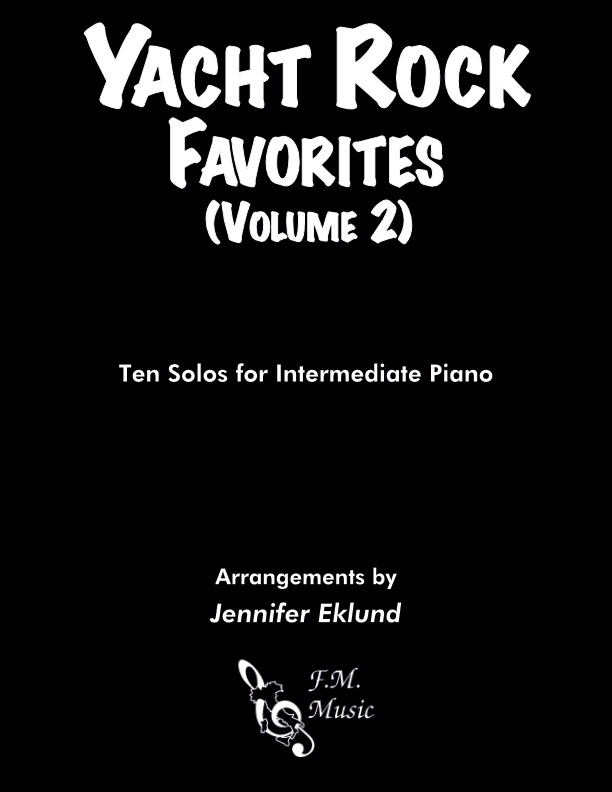
 - Late Int - MN/images/Cover--HowDeepIsYourLove-LateInt-MN.png)
 - Intermediate/images/Cover--cantgo-HandA-INT-MN.png)
 - Easy/images/Cover--cantgo-HandO-EZ-MN.png)
 - MN/images/Cover--Kokomo-LateInt-MN.png)
 - MN/images/Cover--Kokomo-Int-MN.png)
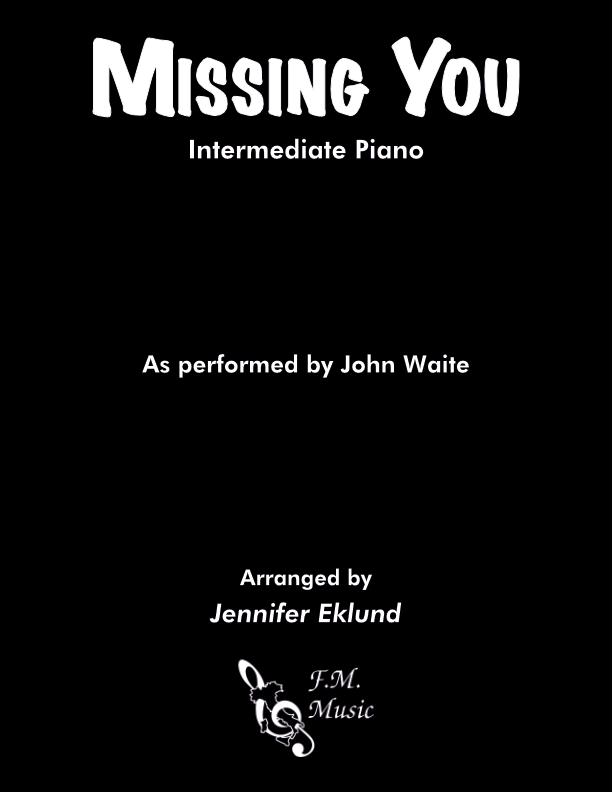
 - MN/images/Cover--HotelCA-Late-INT-MN.png)
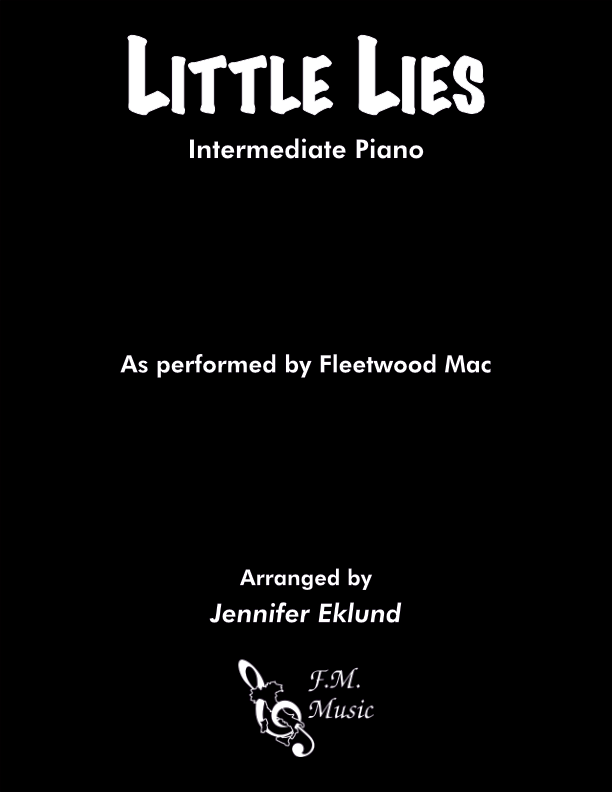
 - Easy/images/Cover--imawantyou-EZ-MN.png)
 - Intermediate/images/Cover--candomagic-INT-MN.png)
 - Intermediate/images/Cover--neverbethesame-INT-MN.png)
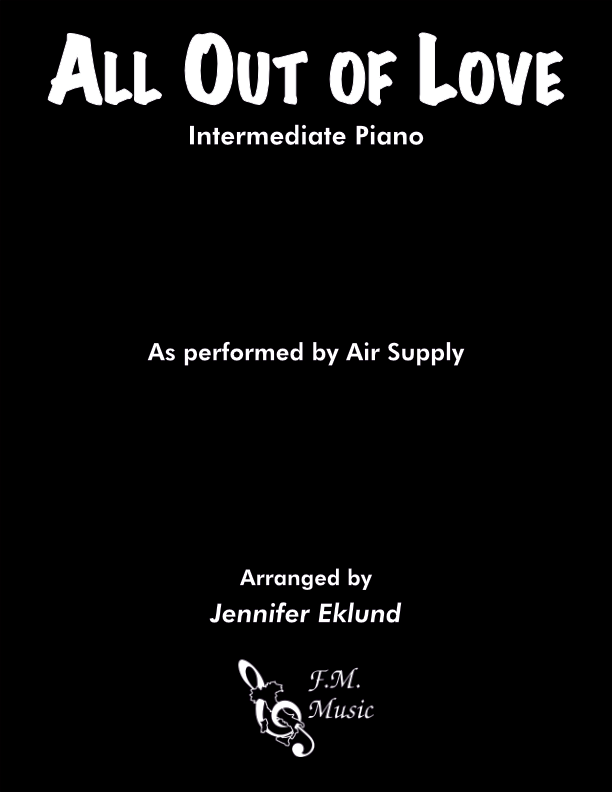



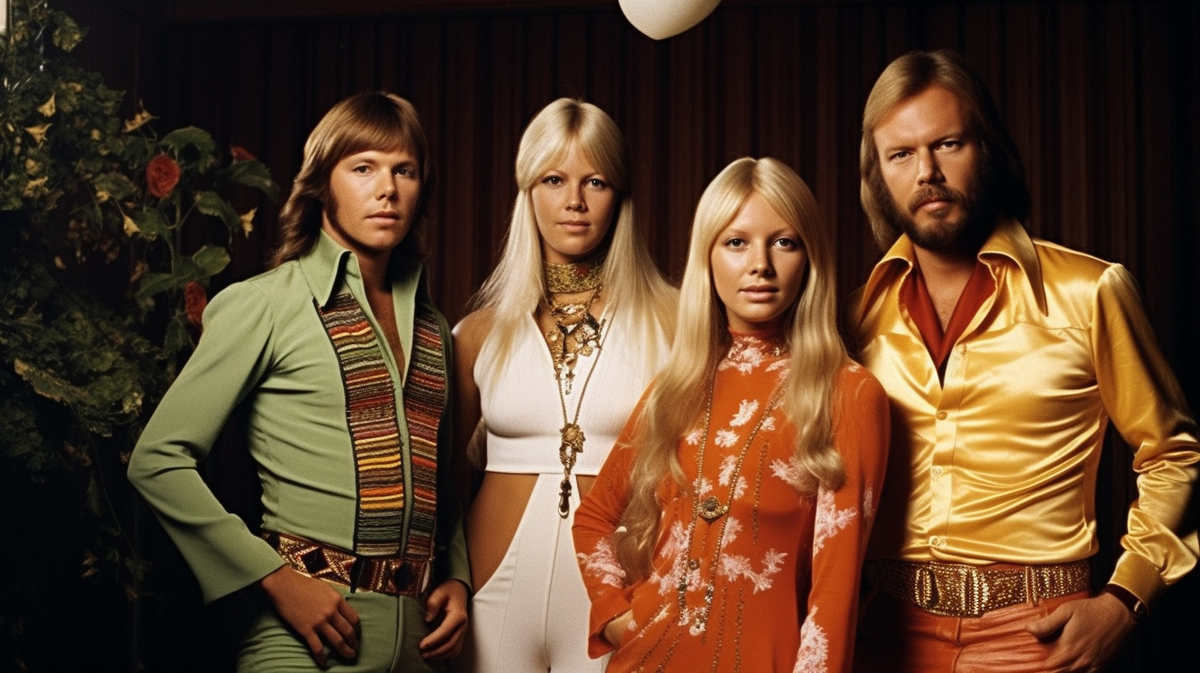
Be the first to comment.